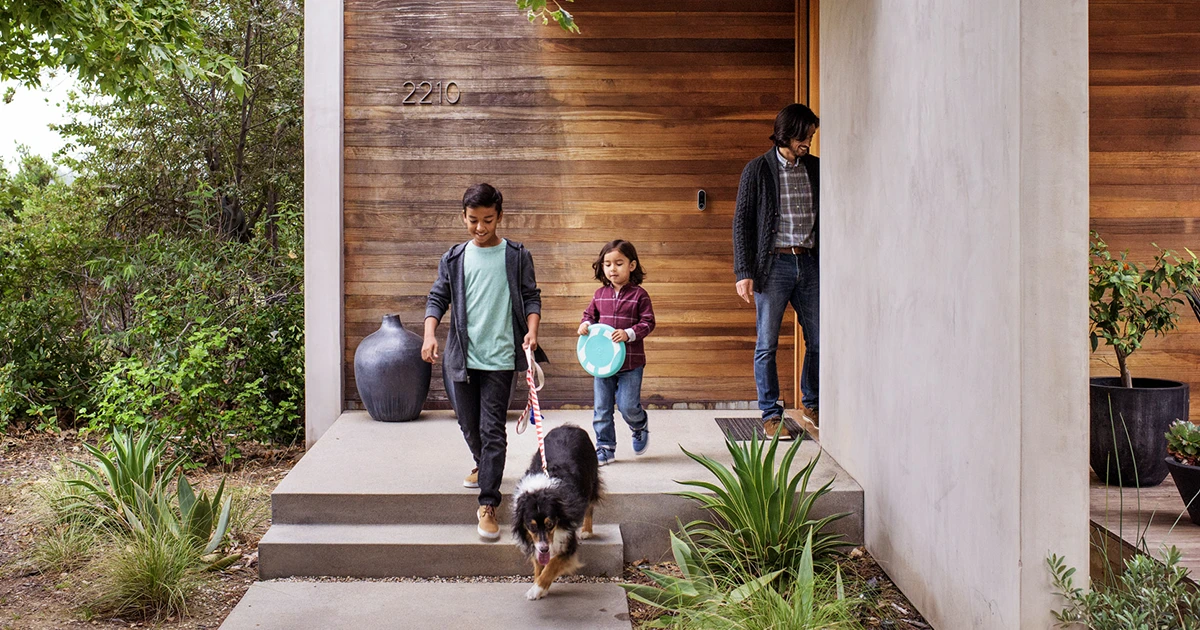Devices like Amazon's Alexa , Google Assistant , and Apple's Siri have grown in popularity for smart home devices in recent years. Users may manage a variety of devices such as lighting, thermostats, and security systems via voice commands without having physical contact with them. And they are a time-saving feature as well.
Imagine you are at work and outside it is freezing, and unfortunately, you didn’t remember to turn off the heating. But, you have no reason to worry about it as the voice assistant can help you with that, as it can control your thermostat and adjust it to make your home as comfy as it can be.
Voice assistant devices use machine learning (ML) in order to play reminders and alarms, and control the lights and this can come really in handy when you are on vacation for a long period of time. Alexa or Google Assistant can turn on and off the lights, play music, and move up and down the window’s shutter to make it look like somebody's home all the time.
As previously stated, voice assistants make it simple to operate a wide range of devices without having to engage with them physically. It’s one of the biggest pros! This is especially useful for persons with limited mobility or who want to operate their equipment from a distance. If you are sleepy and don’t feel like getting off your couch, you can just speak a command to your assistant, and in no time! The lights are off.
Even more so, voice assistants can be trained with the help of machine learning (ML) and new technology to respond to particular commands and interact with a variety of devices. This makes it simple to design automation routines to meet your requirements. Beyond that, by controlling your devices using voice commands, you can guarantee that they are only switched on when needed, which may help you conserve energy and cut your electricity costs.
And let’s not forget that these voice assistants may be a valuable resource for persons with eyesight conditions as well!
Think about it. Voice assistants are constantly listening for orders, which means they are constantly gathering data about you and your surroundings. That can pose some serious privacy concerns! The information may be used to develop a complete profile of your behaviors and tastes, which some users may find concerning. And we don’t blame them! Everyone wants to have privacy.
But, this is not the only concern. Because voice assistants are linked to the internet, they are subject to hacking and other security threats. A hacker who obtains access to your voice assistant may be able to manipulate your devices, steal personal data, or even use the assistant to gain access to other devices on your network. And, that’s not something to wish for.
Also, these assistants rely on an internet connection to function. If your connection goes down or your service is disrupted, your devices may not function properly. And remember - voice assistants are frequently updated and upgraded, which can occasionally cause compatibility or functionality issues. Users, unfortunately, have no choice over when these updates are installed, which can be frustrating for some.
So, the two biggest disadvantages of home assistants are privacy and security threats. But, we recommend you use strong passwords, keep your devices up to date, and restrict the data you share with your voice assistant.
















